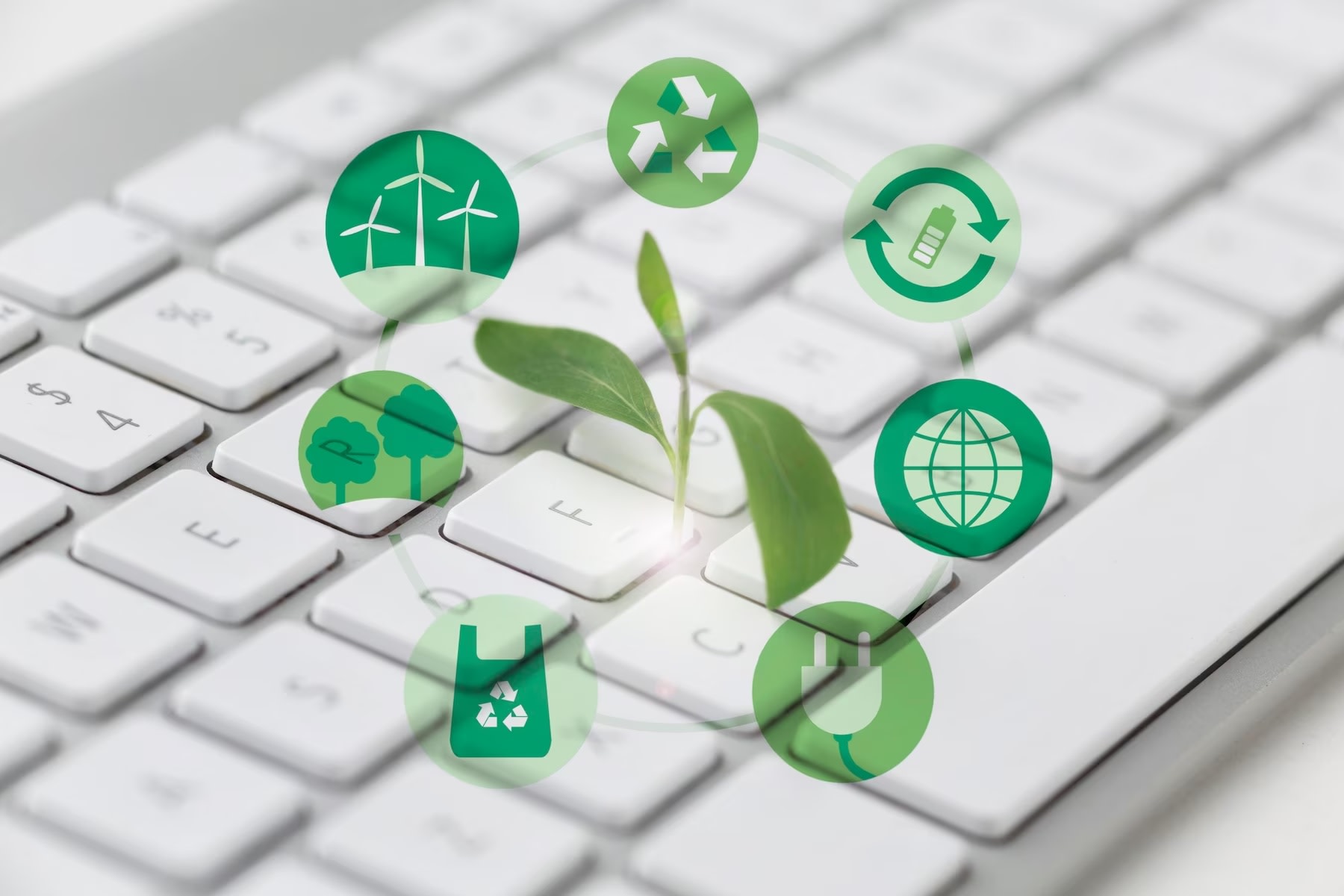How Companies Can Improve Recycling Technology
Best Buy Co Inc

Technology is something that we can’t live without, and a lot of us know our way around tablets, smartphones, and laptops. However, when it comes to recycling or handling these technologies in a sustainable way, most of us are ignorant of what to do with them. In some situations, people like to hoard these devices and other gadgets for years, while others throw them out in the trash.
Even though there is a massive misunderstanding around recycling as a whole, companies and businesses have dropped the ball multiple times on educating and guiding people to use technology in a sustainable way. Even if a company can’t recycle technology, repurposing old devices or looking for innovative ways to keep old technology in use can be a big deal.
Look To Local Businesses To Recycle
A good number of companies accept recycled items, though it’s not openly advertised. Best Buy accepts batteries, for example, and companies like Smartphone Recycling are willing to buy technology in bulk, provided it’s in good condition. Generally speaking, any tech, office, or tool store is likely to accept technology under certain conditions. Furthermore, local businesses can hold a tech recycling drive, gathering up old technology to then recycle it through one of those options. This can also be used as an opportunity to teach others about recycling technology specifically.
Lend/Lease Technology
Leasing technology or other expensive pieces of equipment has a number of advantages for businesses. Not only does it smooth out company finances, but it can be another way to not worry about recycling technology afterwards. Oftentimes, when companies invest in new technology, there is a tendency to keep it around for years, long after its useful life.
Through lending or leasing technology, the burden of disposing of the technology will fall to the person who leased it to the business in the first place, most likely a company that knows how to handle recycling technology. Furthermore, companies can enter into negotiations with these lenders and receive various perks. For example, companies can get updated models during the lease period, should an updated version emerge.
Ultimately, this forms strong partnerships between businesses and tech companies that lend out the technology, instead of one-stop purchases that deny the chance for a richer understanding of the tech available, its future development, and what may be most pertinent for company use.
Keeping Technology Around But Not For Too Long
We’ve been conditioned for years to replace technology quickly, in part due to the smartphone industry releasing a new phone model year after year. It implies to us that the technology that we have is fragile and that the new, shinier version is better in every way than our current model.
The reality is that smartphones themselves haven’t been getting much better overall. Looking at smartphone ads today, you’ll find that they showcase the various . This is fine, provided that you are someone who uses a camera on a daily basis. But even then, moving from last year's model to the latest is hardly worth investing in.
Technology is far more durable than what we’re led to believe, and you only begin to see slight inefficiencies in it after a handful of years. For example, laptops have an average life of three to five years. But when maintained, backed up, and cleaned, they can last longer.
Takeaway
There comes a point where updating the technology businesses have access to is important. But often, purchasing this year's model technology will ensure companies don’t need to get replacements until several years from this point. Prioritising maintenance and routine check-ups is a simple way to keep technology as efficient as possible and to be conscious of its sustainability.
Notably, some countries and regions are more progressive in this regard. The EU’s recent legislation for the “Right-To-Repair” will cover appliances, commercial computer hardware, and soon both tablets and mobile phones. This law will push tech manufacturers, where a repair is feasible, to honour a repair request for up to 5-10 years after purchase.
It remains to be seen how well such legislation will stand up, and of course whether it will be effectively emulated or improved upon in other regions. In the meantime, there are options at hand, but companies need to be proactive in insisting that certain technologies are still viable for their specific needs, and to consider circular pathways for technology recycling and reuse wherever possible.
Find more related news at our ESG Tech page, and follow ESG Company Profiles to compare leading companies, sector by sector, via published ESG Ratings and reports.


